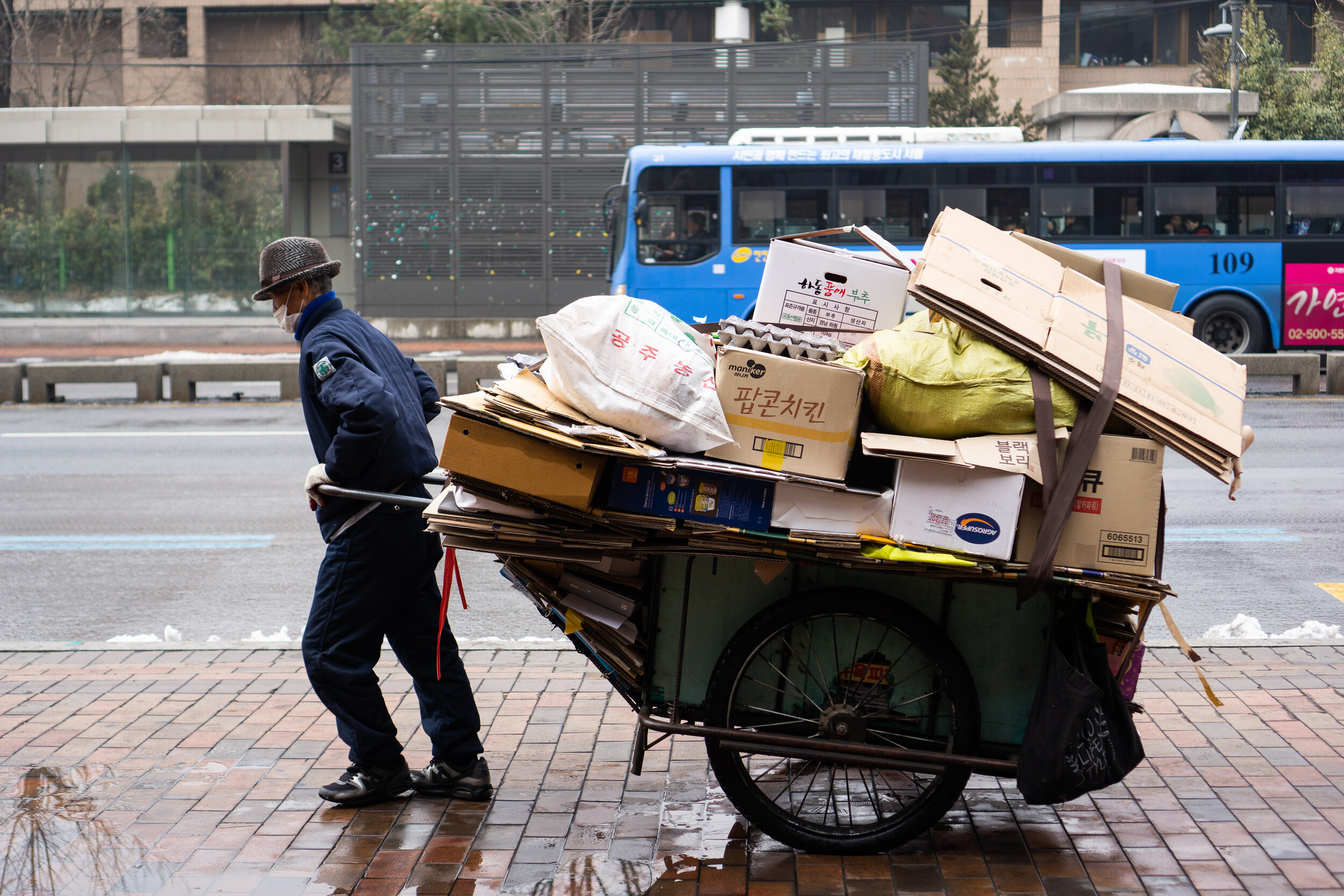Isolation: Winter and Wisdom
"Isolation" comes from the Latin word insulatus, meaning "made into an island."
The North Gate of Seoul rests on the eastern ridge of Bugak Mountain. It is formally named Sukjeongmun (肅靖門), and symbolizes zhi (智, or wisdom), winter, and condensation. The middle letter for the North Gate, in accordance with the gate naming customs, should be zhi (智), but it is jing (靖), which means "to stabilize and govern." The North Gate was built inside the mountains, and was kept shut and isolated for most of the dynasty to keep yin—the dark and negative force in opposition to yang—out. Zhi gave way to jing to help govern yin. To this day, it remains rather anonymous to the public, with its only claim to fame being the site of former mayor of Seoul Park Won-soon's suicide.
Humans, by design, are not meant to be islands. Prolonged social isolation is a well-researched health threat, linked to depression, anxiety, dementia, and premature death.
On the other hand, moderate isolation can be a period of focus, recovery, and concentration. Turning inward can help untangle the clutter within and identify gaps and cracks to fill—like the Japanese art of kintsugi, which repairs broken ceramic with wood sap and gold.
Island ecosystems are self-contained, providing a wide range of ecological niches that are quickly filled by rapid speciation. The diverse finch species identified by Charles Darwin in the Galapagos Islands are the most famous example.
"Isolation" highlights the duality of solitude: cold, lonely, and unforgiving, or one of inward focus, identification, and determination.

A Silent Flame (Seoul, 2021)

Giant Steps (Seoul, 2018)

Apathy (Seoul, 2018)

The Wake (Yeosu, 2020)

A day late (Seoul, 2021)

A dollar short (Jeju, 2021)

Code (Seoul, 2021)

Flying (Seoul, 2021)